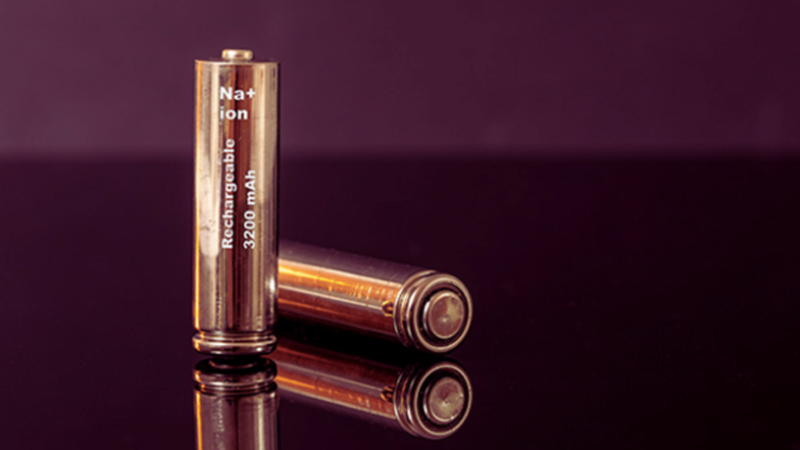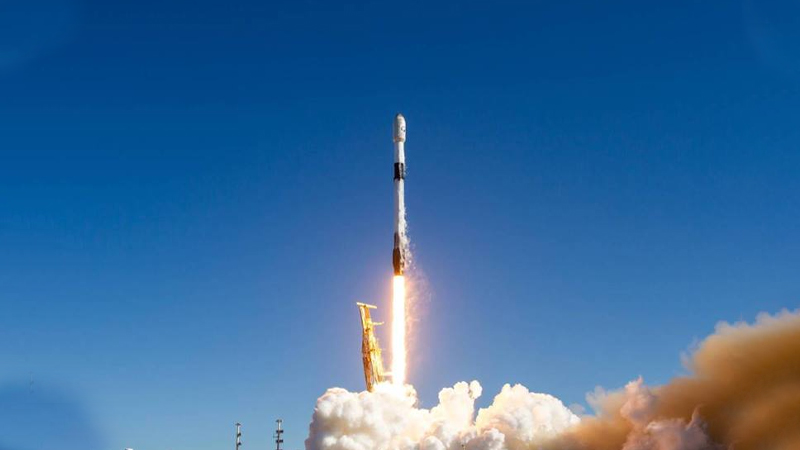In a significant breakthrough, scientists from South Korea have developed a revolutionary battery technology capable of charging within seconds. The pioneering research, led by a team from the Korea Advanced Institute of Science and Technology (KAIST), harnesses the potential of next-generation sodium batteries, marking a significant stride towards safer, more affordable energy storage solutions.
Unlike conventional lithium-ion batteries prevalent in electric cars and mobile devices, sodium batteries offer a promising alternative due to their abundance and enhanced efficiency. Sodium, being 500 times more abundant than lithium, presents a viable option for powering various electronic devices.
The viability of sodium-ion batteries has long been hindered by challenges such as extended charging times and limited storage capacity. However, the KAIST team, under the supervision of Professor Jeung Ku Kang, addressed these hurdles by engineering a sodium-ion battery with exceptional energy and power capabilities, enabling rapid charging without compromising performance.
Combining materials from conventional batteries with those suited for supercapacitors, the researchers achieved a sodium-ion battery boasting high energy density and power. With energy density reaching 247 Wh/kg and power density peaking at 34,748 W/kg, the new battery surpasses the capabilities of existing lithium-ion alternatives.
Prof. Jeung Ku Kang expressed optimism about the broader applications of this innovation, emphasizing its potential to revolutionize energy storage systems across various electronic devices. He remarked, “The hybrid sodium-ion energy storage device represents a breakthrough in overcoming the current limitations of energy storage systems,” highlighting its significance in advancing battery technology.
The development comes hot on the heels of a recent discovery by Japanese researchers, who unveiled a novel process for mass-producing sodium solid-state batteries. This collective progress underscores the accelerating pace of innovation in battery technology, with implications extending to electric vehicles (EVs).
By substantially enhancing the charging capacity of EV batteries and doubling the range of existing models, the newfound technology holds promise in alleviating range anxiety among consumers. With consumer electronics and electric vehicles poised to benefit from this breakthrough, the South Korean-led research marks a pivotal moment in the quest for efficient, sustainable energy solutions.











Leave a Reply